Education Scotland have partnered with BCS, The Chartered Institute for IT to deliver this 4 part course to develop your knowledge of teaching computing science across the BGE curriculum, highlighting some of the free resources such as Barefoot and Scratch. This course is suitable for those already teaching or planning to teach computing science and will help fill potential gaps in knowledge.
31st Jan – Workshop 1 Pedagogy and Computing Science
Learn more about key pedagogical approaches to programming, including PRIMM (Predict, Run, Investigate, Modify and Make), Use-Modify-Create, Semantic Waves and Parson’s Problems. We’ll explore each approach through hands-on activities and examples, illustrating how these research-backed teaching and learning methods can be applied in your curriculum.
14th Feb, Workshop 2 – Computational Thinking across the curriculum
Computational Thinking, critical thinking and problem-solving top the World Economic list of skills that employers believe will grow in prominence in the next five years. This first session will explore why it’s important for your students to learn computing science and you’ll learn about key computational thinking skills through “unplugged” activities – proving you don’t need expensive kit to teach computing. You’ll take away a range of lesson ideas you can try immediately with your learners.
28th Feb & 8th March, Workshop 3 & 4 Coding and Programming – Code along using Scratch
Take your computing science knowledge to the next level with these interactive code along session. Get to grips with Scratch programming and the concepts of sequence, repetition and selection through a series of Scratch programming challenges. This workshop will build on the previous sessions as we explore how the pedagogy of computing science and computational thinking skills are applied when programming and coding.


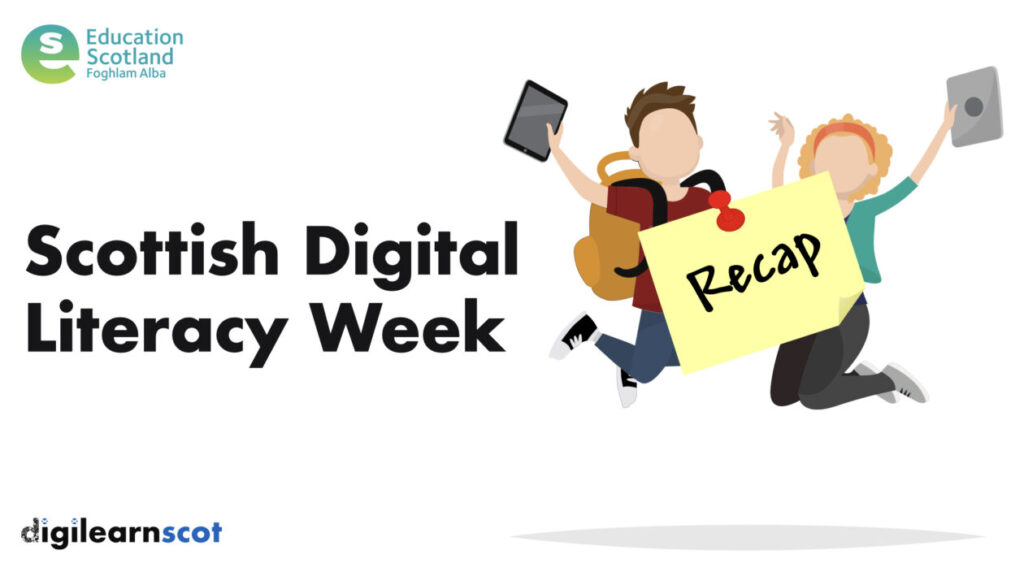
 Subscribe to DigiLearnScot on YouTube
Subscribe to DigiLearnScot on YouTube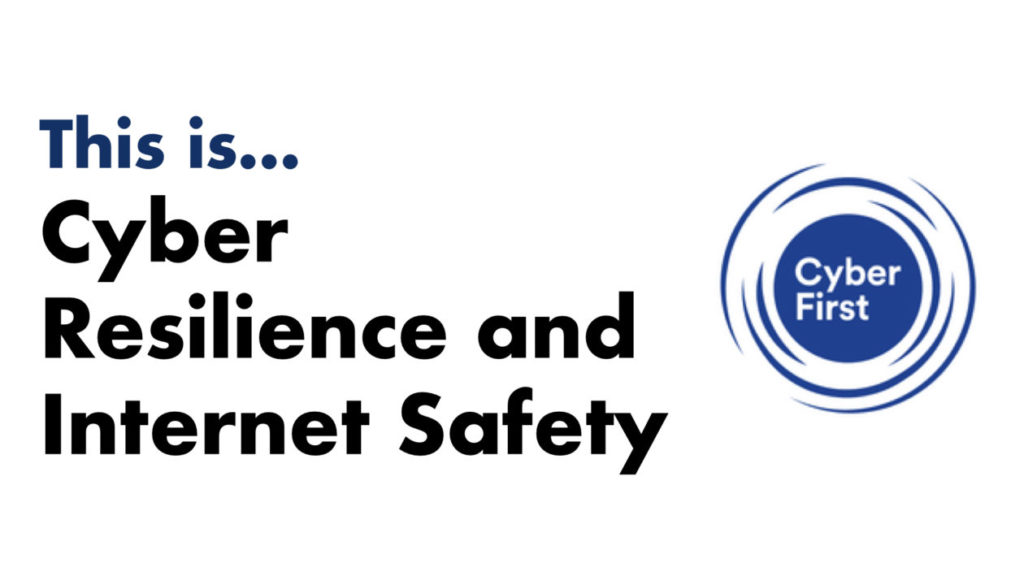

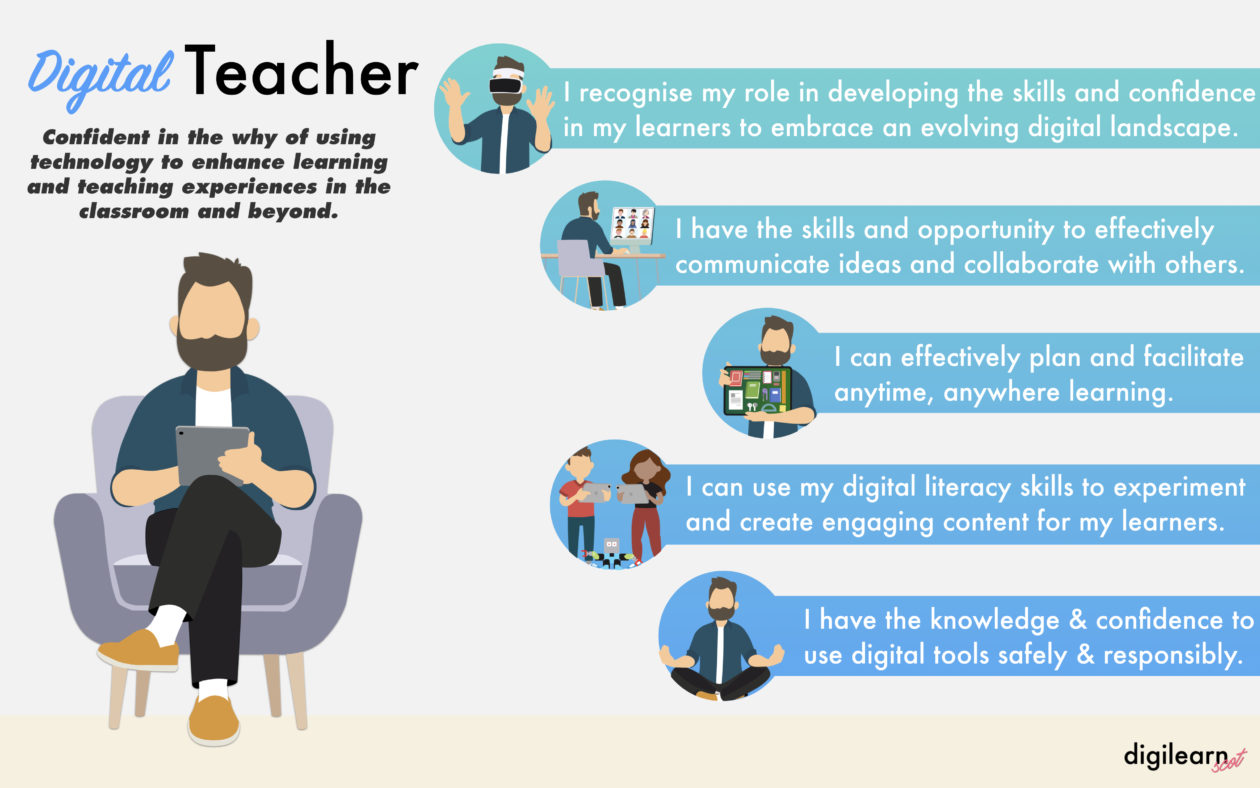
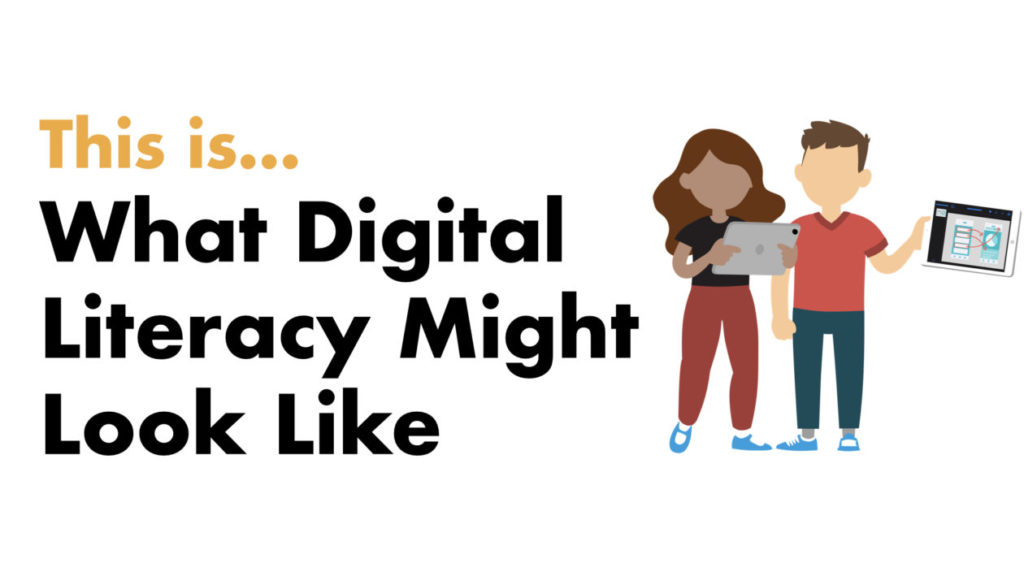
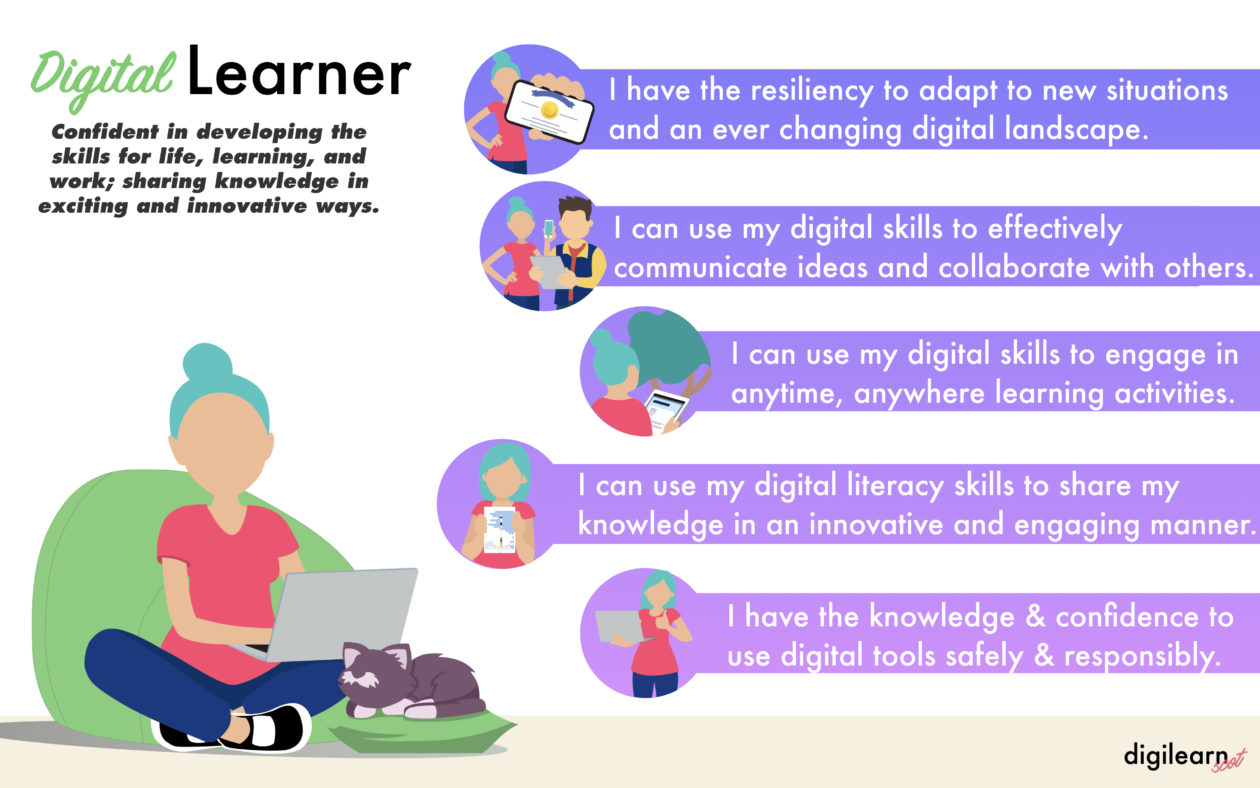
 Loading…
Loading…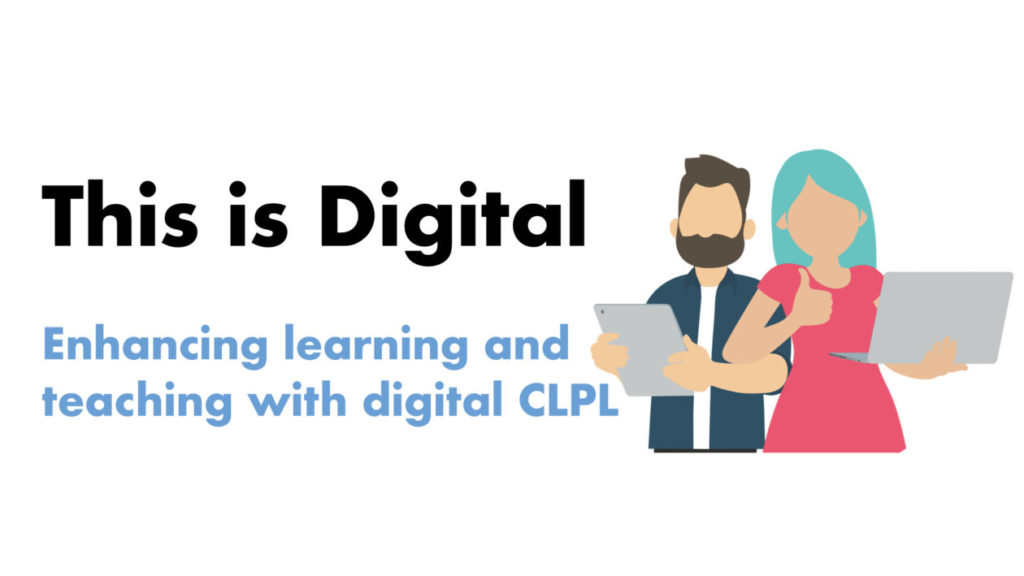

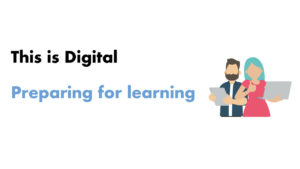
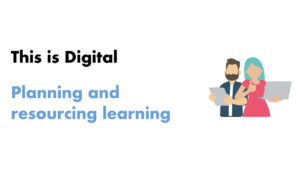
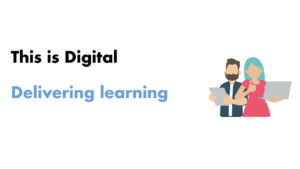
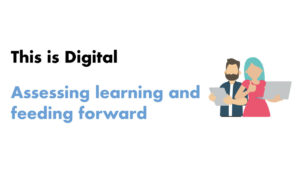
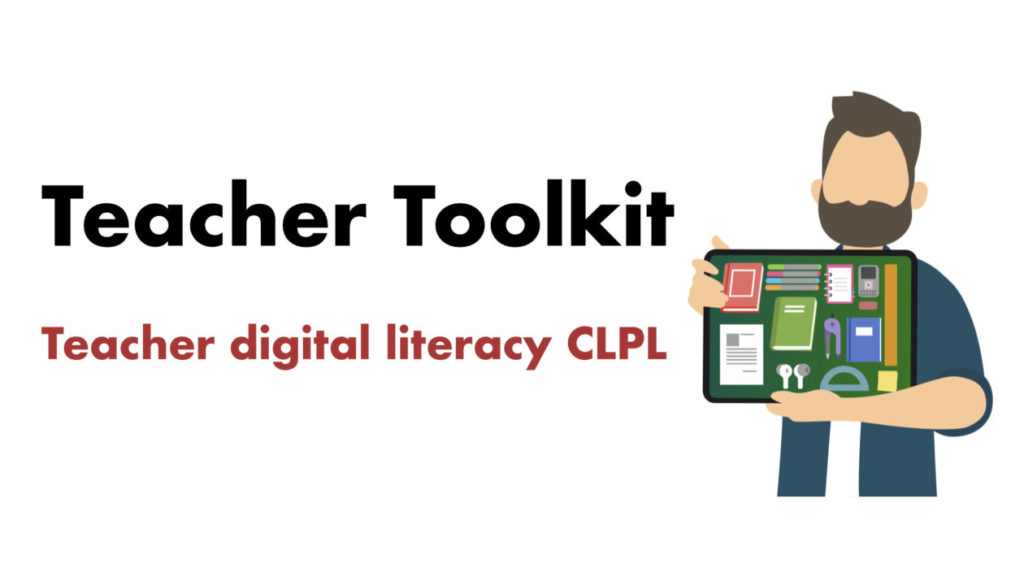
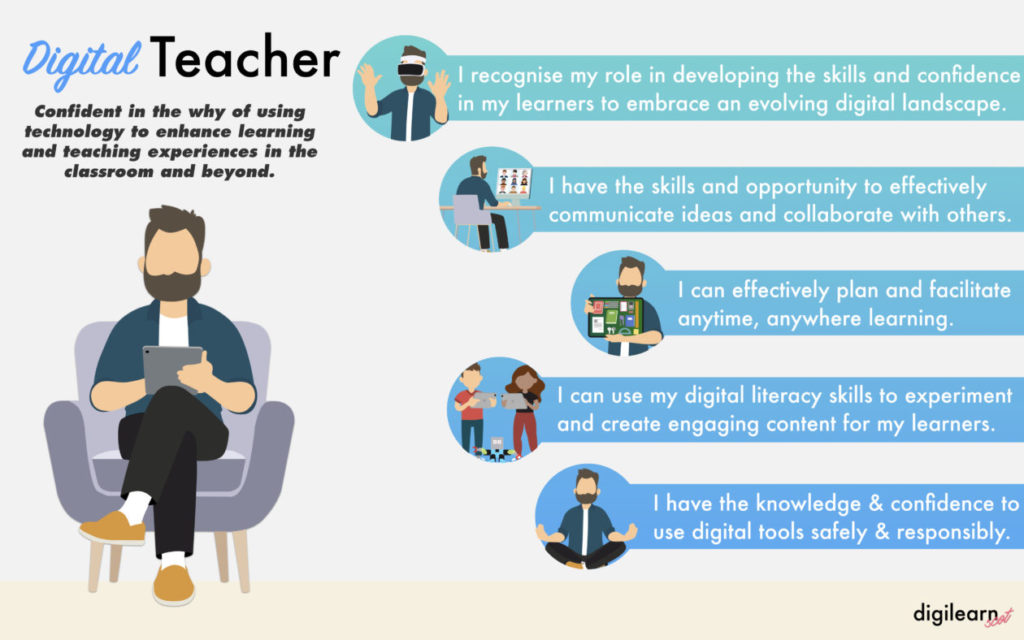
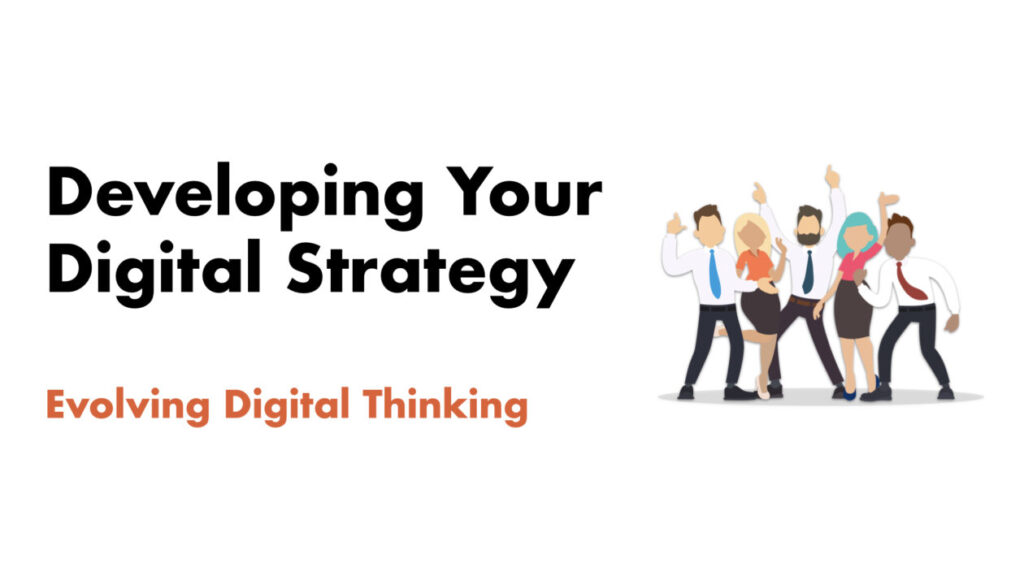

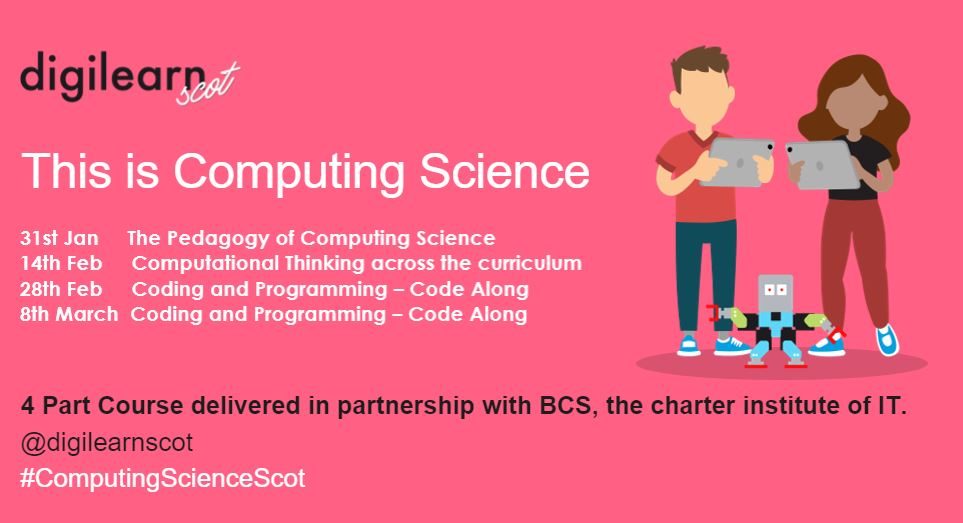
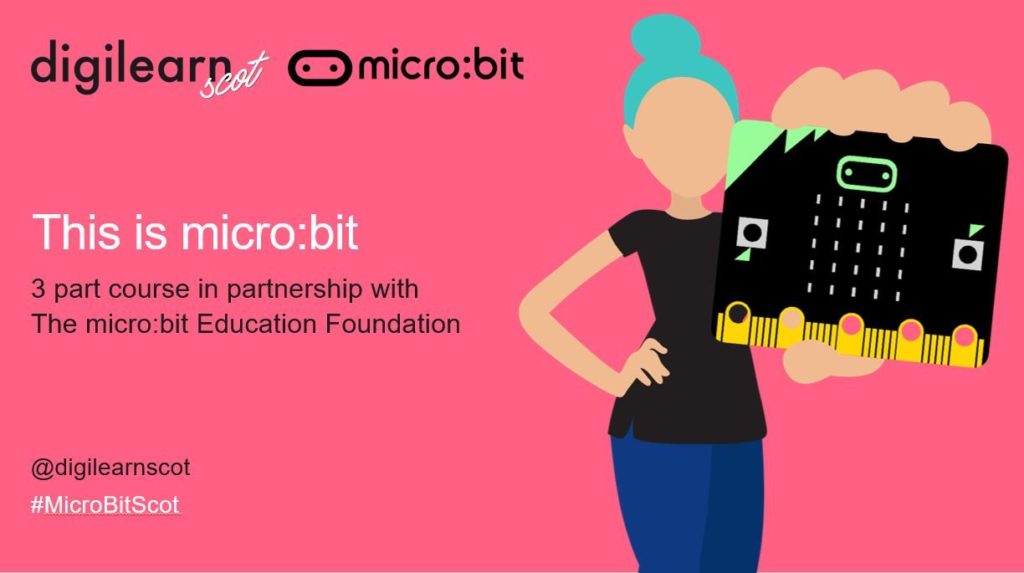

You must be logged in to post a comment.